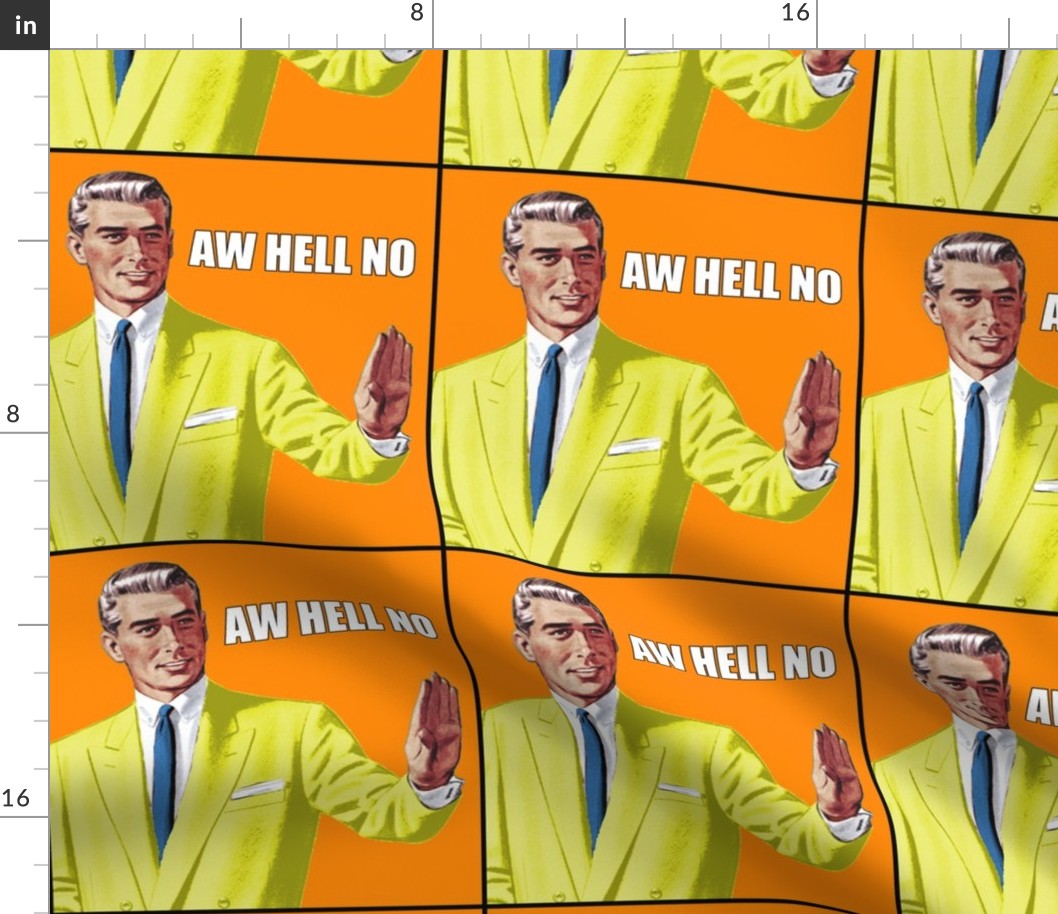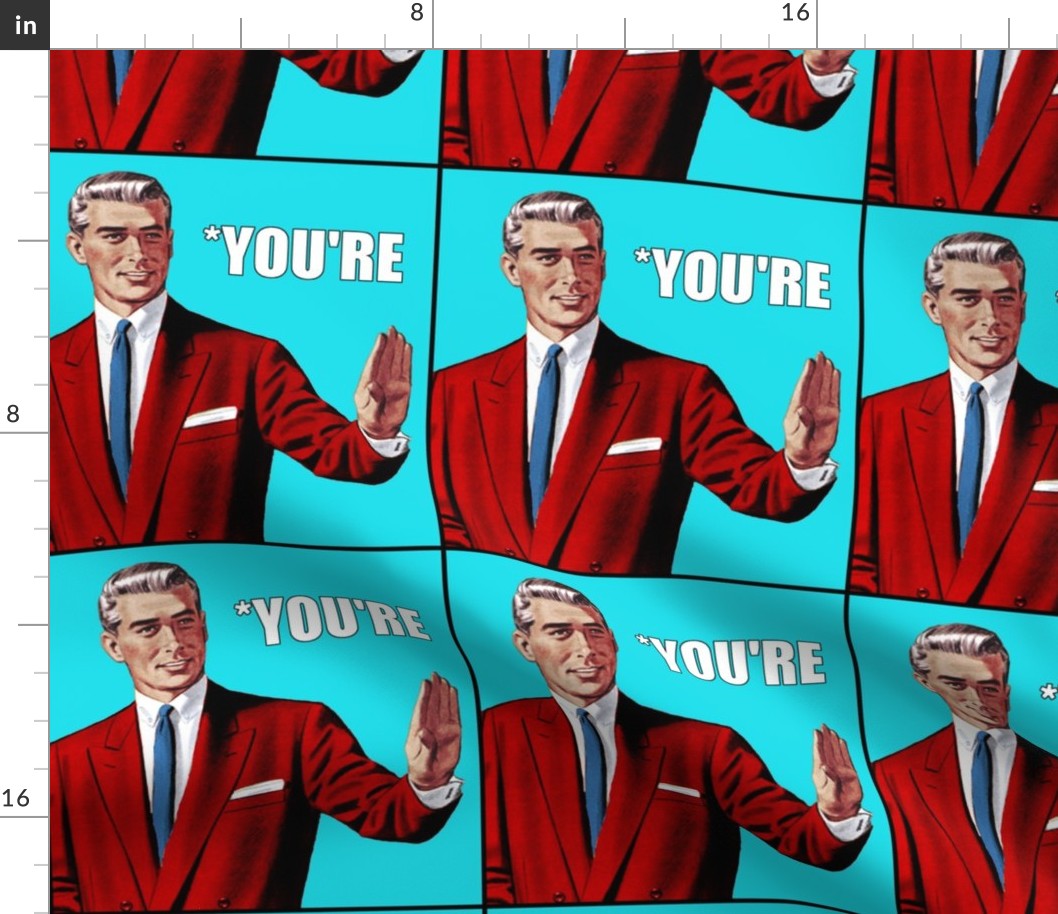The Rise of the “Correction Guy” on the Internet: A Linguistic Phenomenon
The internet, a boundless digital expanse where ideas flow freely, has become fertile ground for a peculiar breed of online denizens: the “Correction Guy.” These individuals, often anonymous and armed with a keyboard, dedicate themselves to scrutinizing online text for any perceived grammatical, spelling, or factual errors. While some may view them as pedantic gatekeepers of language, others see them as helpful contributors to online discourse, striving for clarity and accuracy. This article will delve into the phenomenon of the “Correction Guy,” exploring their motivations, impact, and the complex interplay between their actions and the evolving nature of online communication.
The “Correction Guy” manifests in various forms across the digital landscape. They may appear as:

The Grammar Nazi: This archetype focuses primarily on grammatical errors, meticulously pointing out misplaced modifiers, subject-verb agreement issues, and the dreaded dangling participle. Their interventions often come across as condescending, emphasizing their own perceived linguistic superiority.
The motivations behind the actions of “Correction Guys” are multifaceted and often intertwined. Some may be driven by a genuine desire to improve communication and enhance the quality of online discourse. They may see themselves as guardians of language, striving to maintain high standards in a digital world that can sometimes feel chaotic and unstructured.
Others may be motivated by a need for validation and a desire to assert their own intellectual superiority. Correcting others can provide a sense of power and control, allowing them to feel knowledgeable and authoritative within the online space. For some, it may even be a form of social dominance, a way to establish their intellectual hierarchy within a particular online community.

Psychological factors such as perfectionism, anxiety, and a need for order can also play a significant role. Individuals with these tendencies may find it difficult to tolerate even minor linguistic imperfections, leading them to feel compelled to intervene and “fix” the perceived errors.
The impact of “Correction Guys” on online discourse is complex and multifaceted. On the one hand, their interventions can have positive effects. They can:
Improve clarity and accuracy: By pointing out errors and suggesting improvements, “Correction Guys” can help to ensure that information is presented accurately and effectively.
However, the actions of “Correction Guys” can also have negative consequences:
Create a hostile environment: Overly aggressive or condescending corrections can create a hostile and unwelcoming environment for online discussion.
The rise of the “Correction Guy” reflects the evolving nature of online communication. As the internet has become increasingly central to our lives, the stakes of online communication have risen. From professional networking to academic discourse, the ability to communicate effectively online has become increasingly important.
Furthermore, the rise of social media and other online platforms has democratized communication, giving a voice to a wider range of individuals. This democratization has led to a more diverse and dynamic online landscape, but it has also brought with it new challenges, including the potential for misinformation and the spread of harmful language.
In this context, the role of “Correction Guys” is complex and contested. While their desire to improve communication is understandable, their methods can sometimes be counterproductive. Finding a balance between maintaining high standards and fostering an inclusive and welcoming environment for online discourse remains a significant challenge.
The phenomenon of the “Correction Guy” is a fascinating reflection of the evolving dynamics of online communication. It highlights the tension between the desire for accuracy and clarity and the need for inclusivity and respect. While the actions of “Correction Guys” can sometimes be frustrating and even detrimental, they also serve as a reminder of the importance of thoughtful and nuanced communication in the digital age.
As the internet continues to evolve, finding ways to navigate these complexities will be crucial. This may involve developing a greater understanding of the motivations and perspectives of “Correction Guys,” fostering a more nuanced approach to online communication, and creating online spaces that are both supportive and conducive to meaningful discourse. Ultimately, the goal should be to create an online environment where individuals feel empowered to express themselves freely while also striving for clarity, accuracy, and respect.

